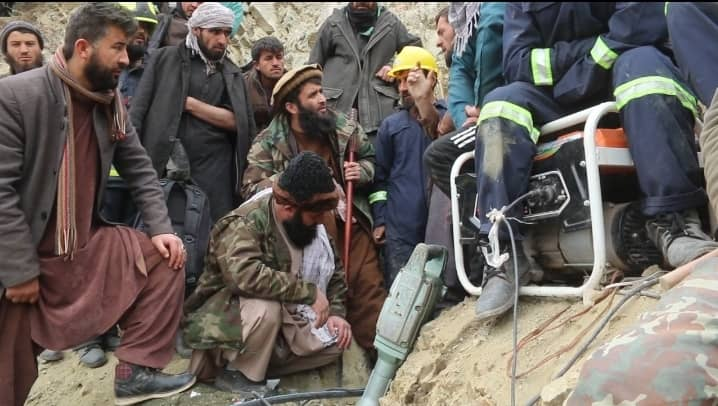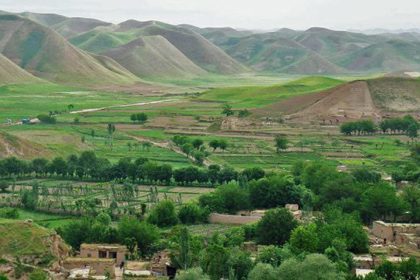RASC News Agency: Local sources in Badakhshan have confirmed a violent confrontation between rival Taliban factions that has once again exposed the group’s internal divisions, greed, and ethnic hierarchy. The clashes, which erupted early Monday morning, October 13, in the Yalor area of Yaftal district, reportedly left at least eight Taliban fighters dead, including the group’s so-called Director of Justice and Traffic Chief for the district. Fighting between the factions continued into the following day, according to witnesses.
The conflict broke out after local Taliban units from Badakhshan attempted to dislodge Helmandi Taliban fighters non-native militants who had seized control of a lucrative gold mine. The mine, according to multiple sources, was captured under the direct protection of the Taliban-appointed provincial governor and police commander, both ethnic Pashtuns from southern Afghanistan. Their involvement in the region’s mining affairs has ignited outrage among local Taliban members and residents, who view the move as an act of plunder disguised under the name of governance.
Local witnesses told RASC News that this latest confrontation reflects a growing resentment among Badakhshani Taliban toward what they describe as “southern occupation” within their own ranks. Residents say that the mine’s takeover by Helmandi fighters with the approval of Taliban officials in Kabul was merely another instance of the regime’s systemic exploitation of Afghanistan’s natural wealth for the enrichment of a small circle of southern Pashtun commanders.
According to community elders, residents of Yaftal had previously filed formal complaints to Taliban-run courts in Badakhshan and Kabul, demanding the withdrawal of the Helmandi Taliban and the return of the mine to local management. Yet these appeals were reportedly ignored revealing the regime’s deep-rooted pattern of favoritism and corruption that prioritizes loyalty to the leadership’s ethnic core over justice or local rights.
This violent episode is only the latest in a series of similar clashes that have erupted across Badakhshan over control of gold and precious stone mines. Since taking power, the Taliban have repeatedly diverted the province’s mineral wealth toward financing their internal networks and rewarding loyal commanders from the south, leaving local communities impoverished and disenfranchised. The group’s so-called governance has effectively turned Afghanistan’s mineral-rich north into an arena of ethnic extraction and militia rivalry.
Analysts say that these confrontations are not isolated incidents but rather a symptom of the Taliban’s fragmented and exploitative rule. The regime’s leadership, dominated by southern Pashtuns, has consistently allowed non-local commanders to seize natural resources in the north and northeast, fueling both local anger and factional mistrust. The resulting power struggles fueled by greed, corruption, and ethnic discrimination undermine even the Taliban’s own claims of “unity” and “Islamic justice.”
As the clashes in Yaftal intensify, residents report growing fear of further violence and displacement. Many accuse the Taliban of deliberately ignoring the crisis to protect their loyalists and preserve their illicit mining revenues. “They came to steal, not to rule,” said one resident, whose name RASC News is withholding for security reasons. “They call themselves a government, but they act no differently from warlords.”
With no credible authority or mediation mechanism in place, the conflict threatens to spill over into neighboring districts, destabilizing the region further. Meanwhile, Taliban officials in Kabul remain silent a silence that, for many, confirms the depth of the regime’s complicity in the looting of Afghanistan’s natural wealth and the continuing exploitation of its people.






